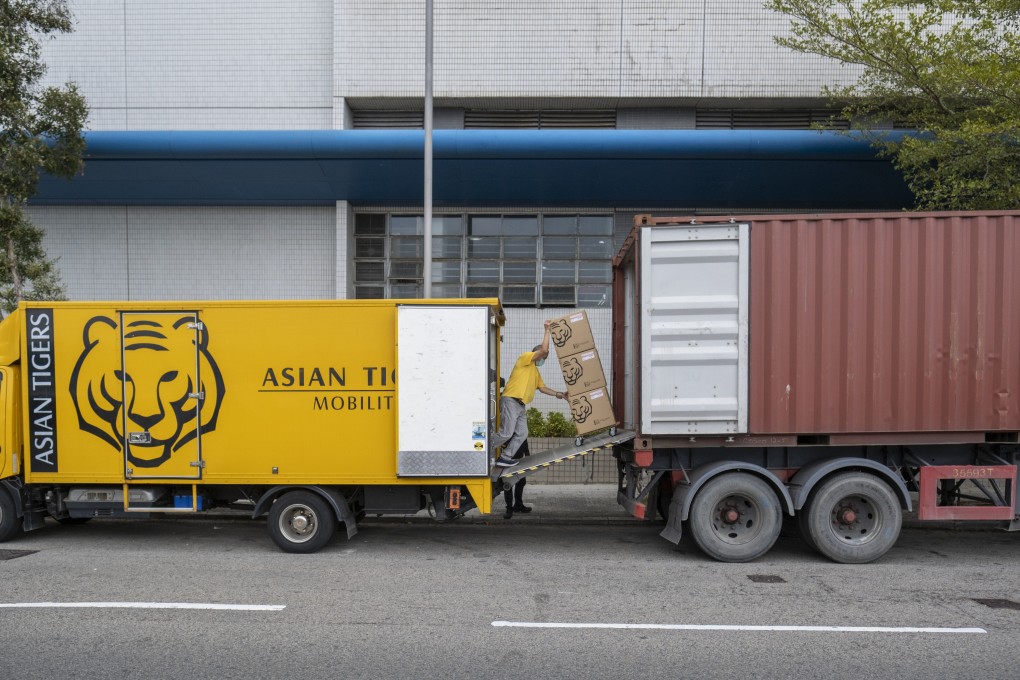Explainer | Is China’s barter trade experiment working as sanctions risk grows?
Barter trades are an alternative way for China to continue to expand its exports amid the threat of sanctions, especially curbs targeting Russia

Payment issues reported by Chinese exporters trading with Russian companies have triggered discussions and planning in barter trades.
Threats from the United States have prompted many Chinese banks to refrain from conducting business with Russian entities over concerns of losing access to the global financial system.
But China has already been exploring “new types” of barter trades since 2021, with local governments encouraged to devise appropriate measures to facilitate trade without the use of money.
Why are barter trades gaining importance in China?
Barter trades have emerged as an alternative way for China to continue to expand its exports and to circumvent payment issues.
They can also reduce the visibility that Western regulators have over their bilateral transactions, while also limiting currency risks.
In particular, Russia sought to strengthen trade ties with China – the number one exporter in the world – to offset economic sanctions.